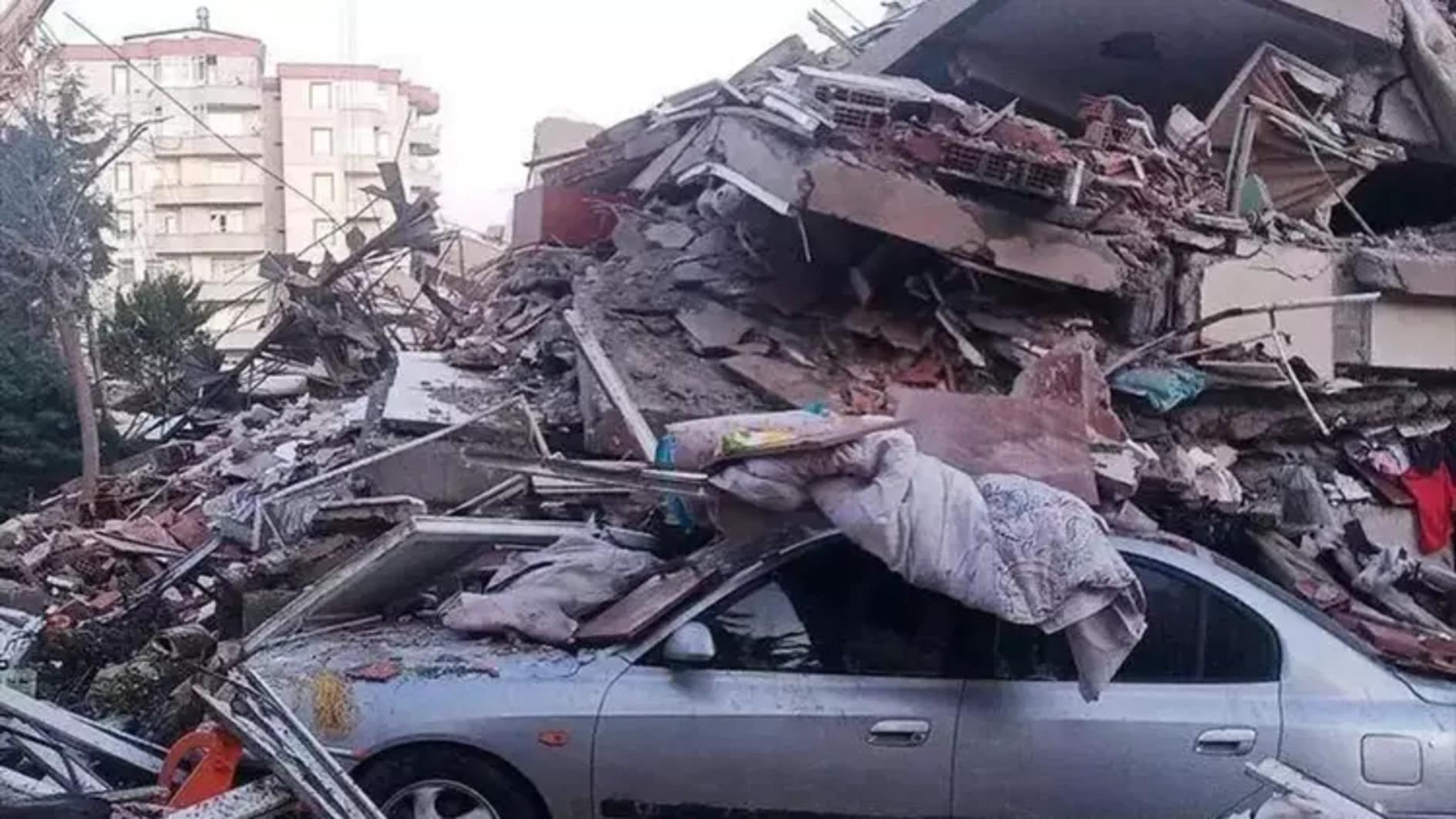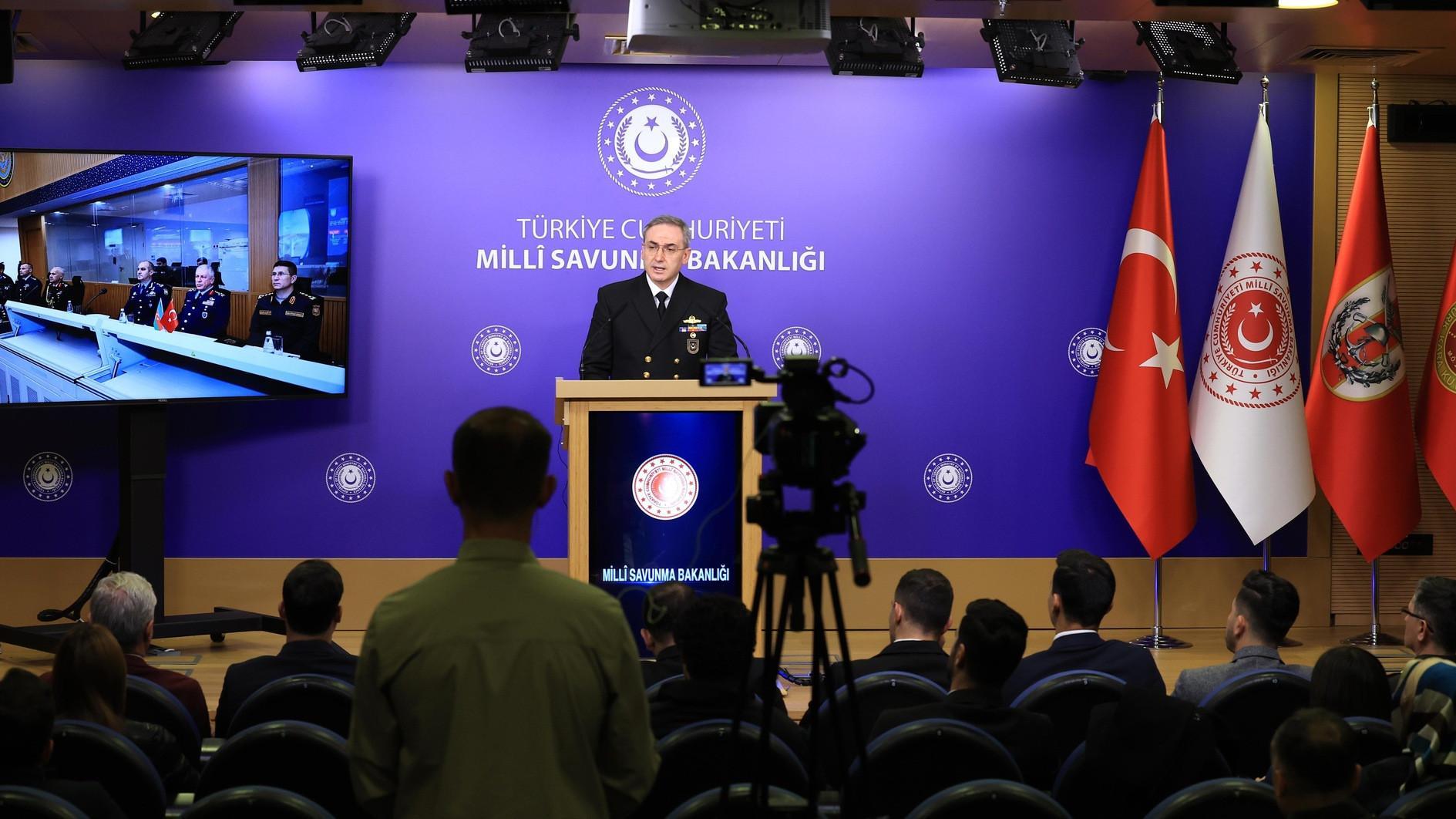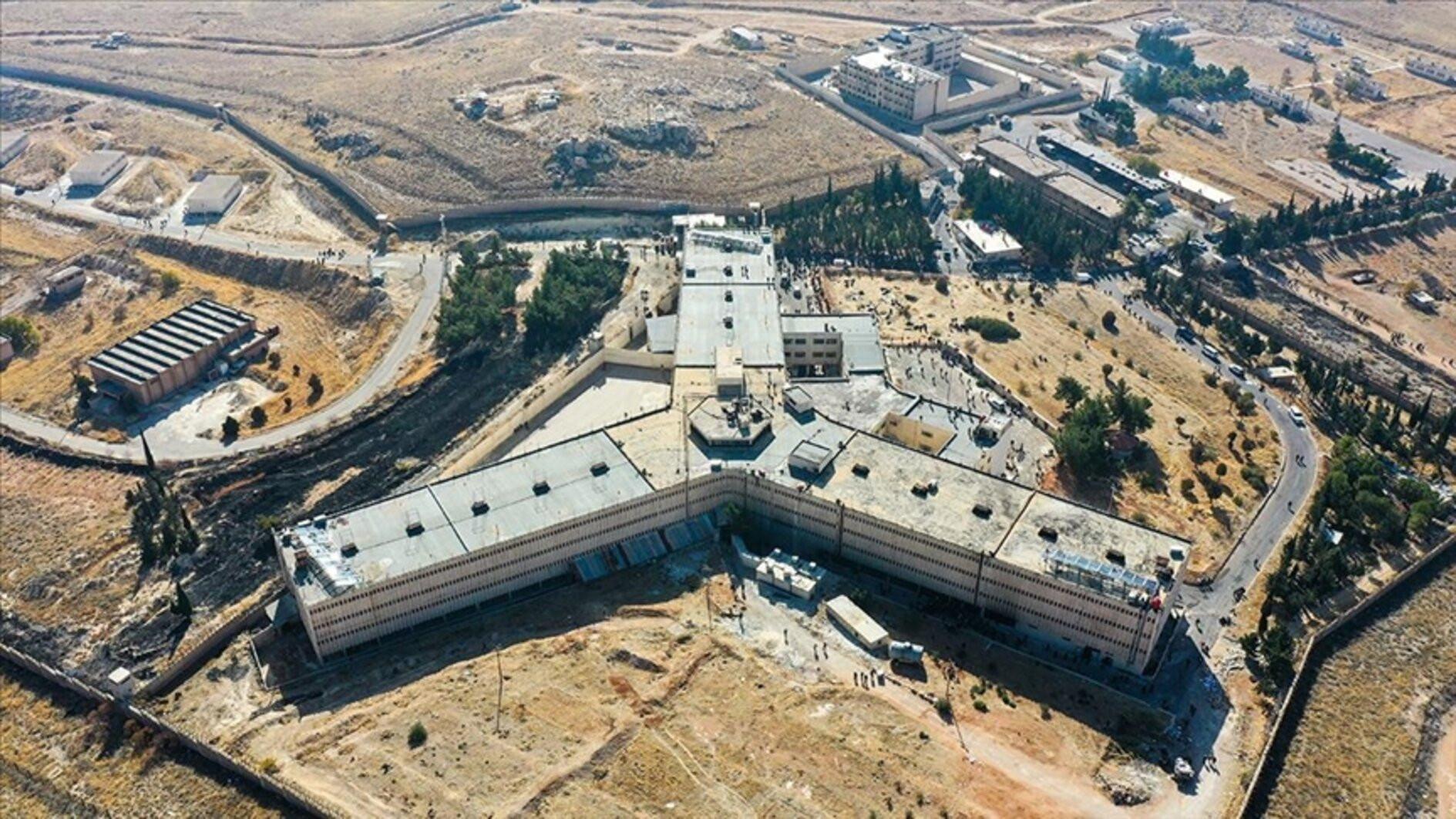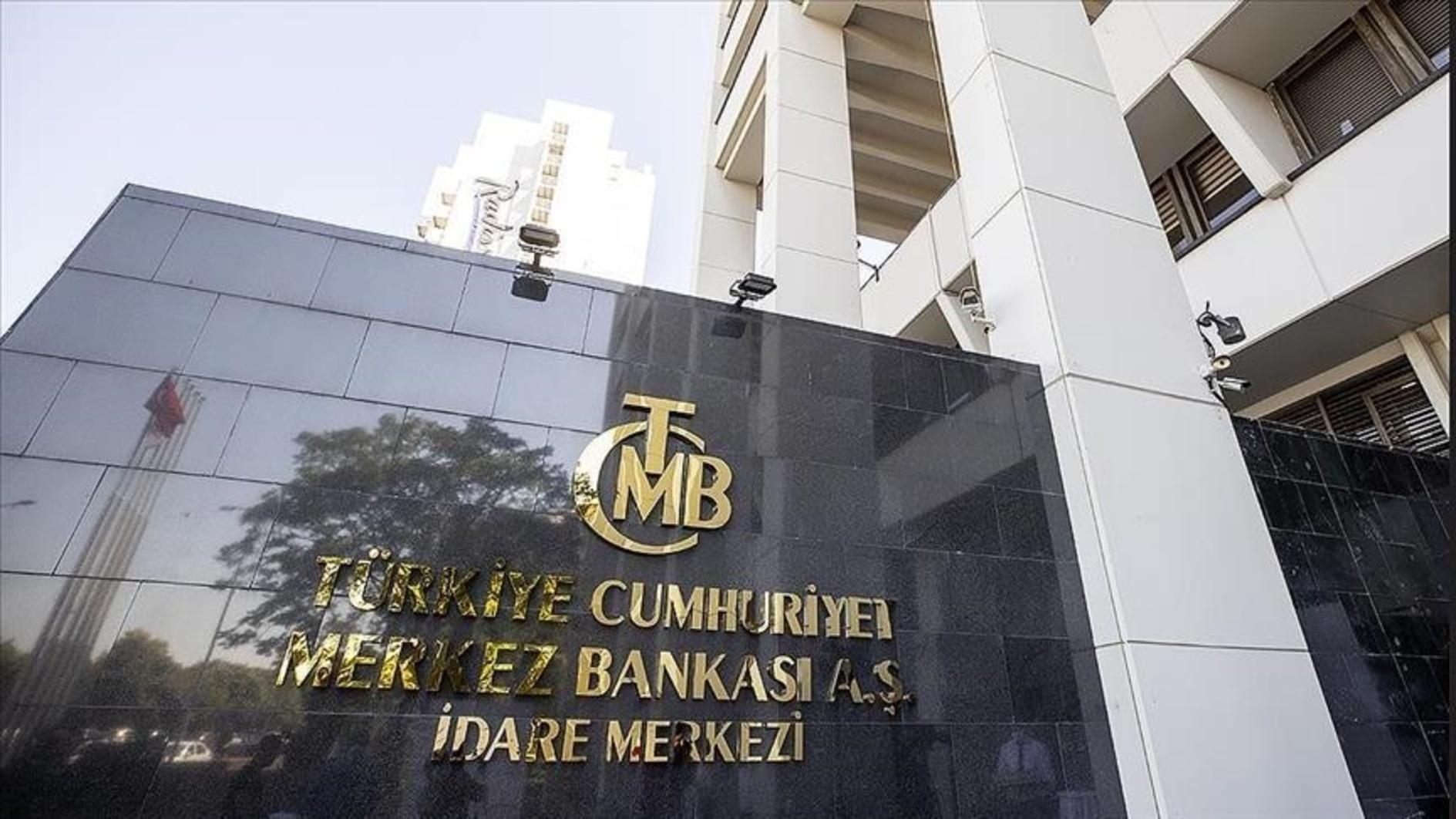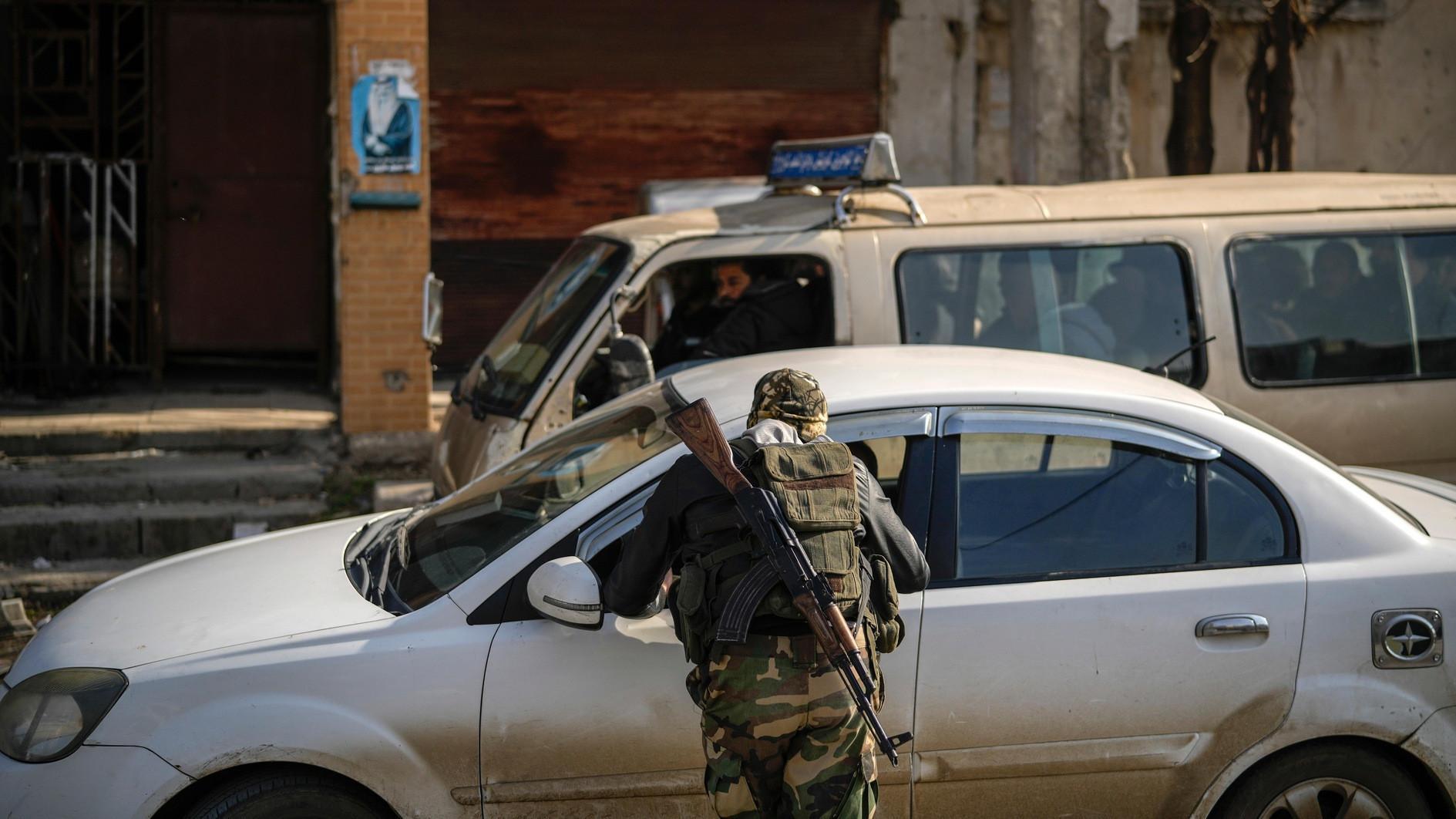The Baath Regime is committing suicide
The Syrian Baath regime, after having downed a Turkish reconnaissance jet, continues to escalate tensions with its flagrant violation of military rules of engagement between Syria and Turkey. The Turkish government had already declared it would respond to any security threat from Syria immediately and decisively. Two weeks after Syrian opposition forces seized control of a border crossing between Turkey and Syria in the Akçakale region, the Syrian regime continued to irresponsibly fire mortars. Syrian mortar fire has been hitting the Turkish border for some time now. Mortar fire crossing into Turkish territory was probably dealt with patiently and in accordance with the new rules of military engagement. However, in the last round of mortar fire to cross the border five Turkish civilians lost their lives and many others were critically wounded.
The Syrian regime has actually lost control in most of the country. The state in Syria has, in effect, collapsed. As it nears its second year the Syrian uprising seems to have reached maturity. In a nation where three people could not gather for a conversation without raising alarms two years ago, a period of eighteen months has seen the uprising, both armed and civilian, become a wide spread resistance movement. Those who are familiar with the police regime in Syria understand better what it means for the Syrian opposition to grow into an effective form of power. After months of resistance, the Syrian regime is entirely transformed into a sectarian interest party. Christian and Sunni groups had long abandoned the regime. Even some influential Alawite tribes in Latakia have turned against the regime risking armed conflict. This resulted in the Baath regime taking even more flagrantly aggressive actions.
Baath regime attacks against Turkey in the middle of a chaos of this magnitude can only be explained by the regime having lost control. Turkey retaliatedo Syrian attacks by shelling targeted military locations in Syria, including the city of Idlib. With an expedited motion brought to Parliament for the authorization of military retaliation against Syria, the Turkish government has taken a definitive stance. Turkey solidified its position on the issue by calling a NATO meeting under Article 4 immediately following the Syrian attack. While Turkey does not demand military intervention by NATO or the United States it nevertheless demands that the security risk Syria has created in the region be recognized and acknowledged in the international arena.
Turkey’s definitive stance on the issue shifted the Syrian resistance’s regional dynamics and event the faith of the Syrian regime. The Syrian regime is now left alone and vulnerable while the resistance has gained confidence and momentum. It would not be wrong to claim that the Aleppo-Idlib passage is transformed into a de facto buffer zone. At this point, al-Assad is forced to leave behind, in every way, his stratagem about Syria and concentrate on stratagem for his own interests. Those who advised the Syrian regime to carry the war across the Turkish border in the face of the recent developments are now realizing the mistake they have been making since last June. Those same advisers, instead of drawing a new road map for al-Assad, are probably already making their post-al-Assad plans!


